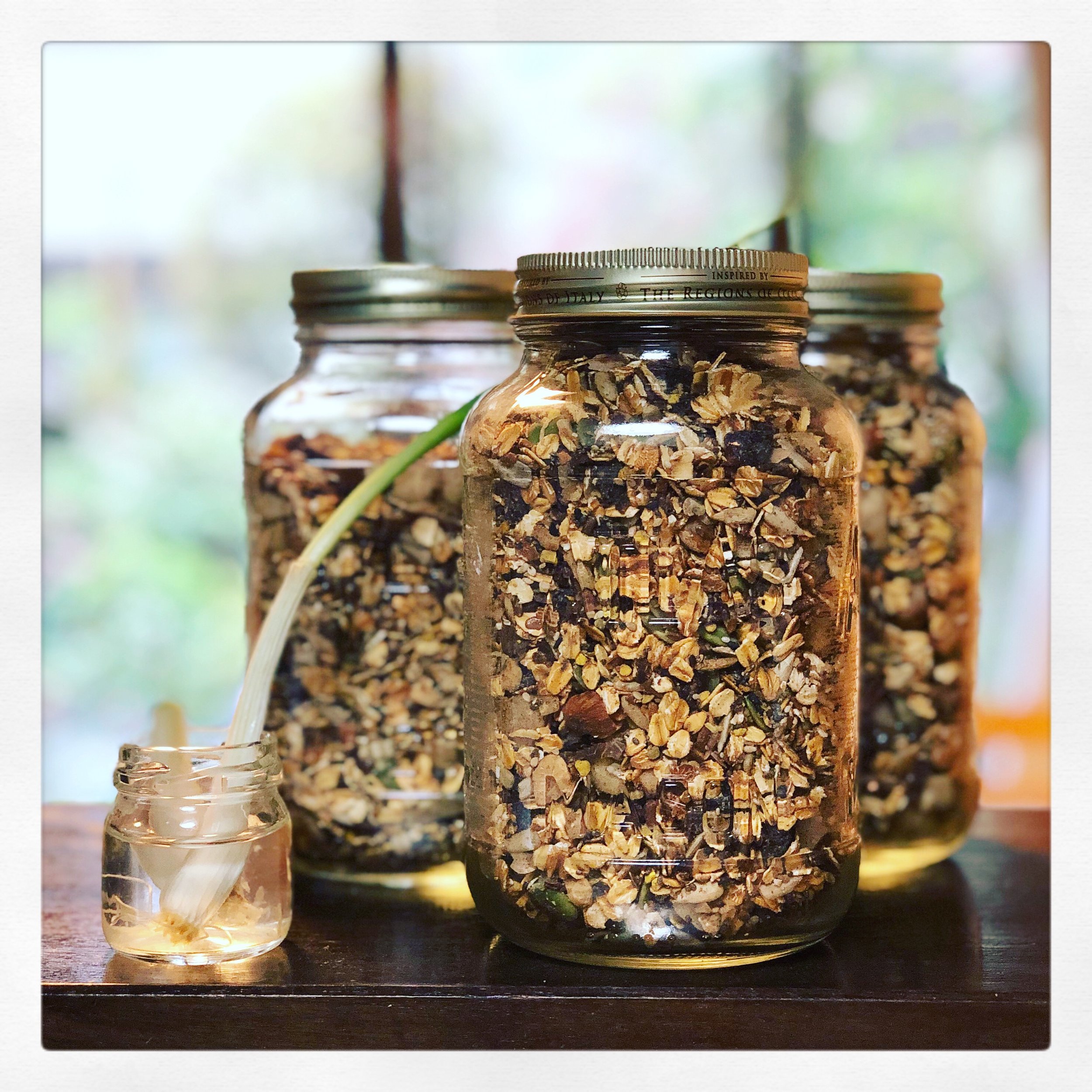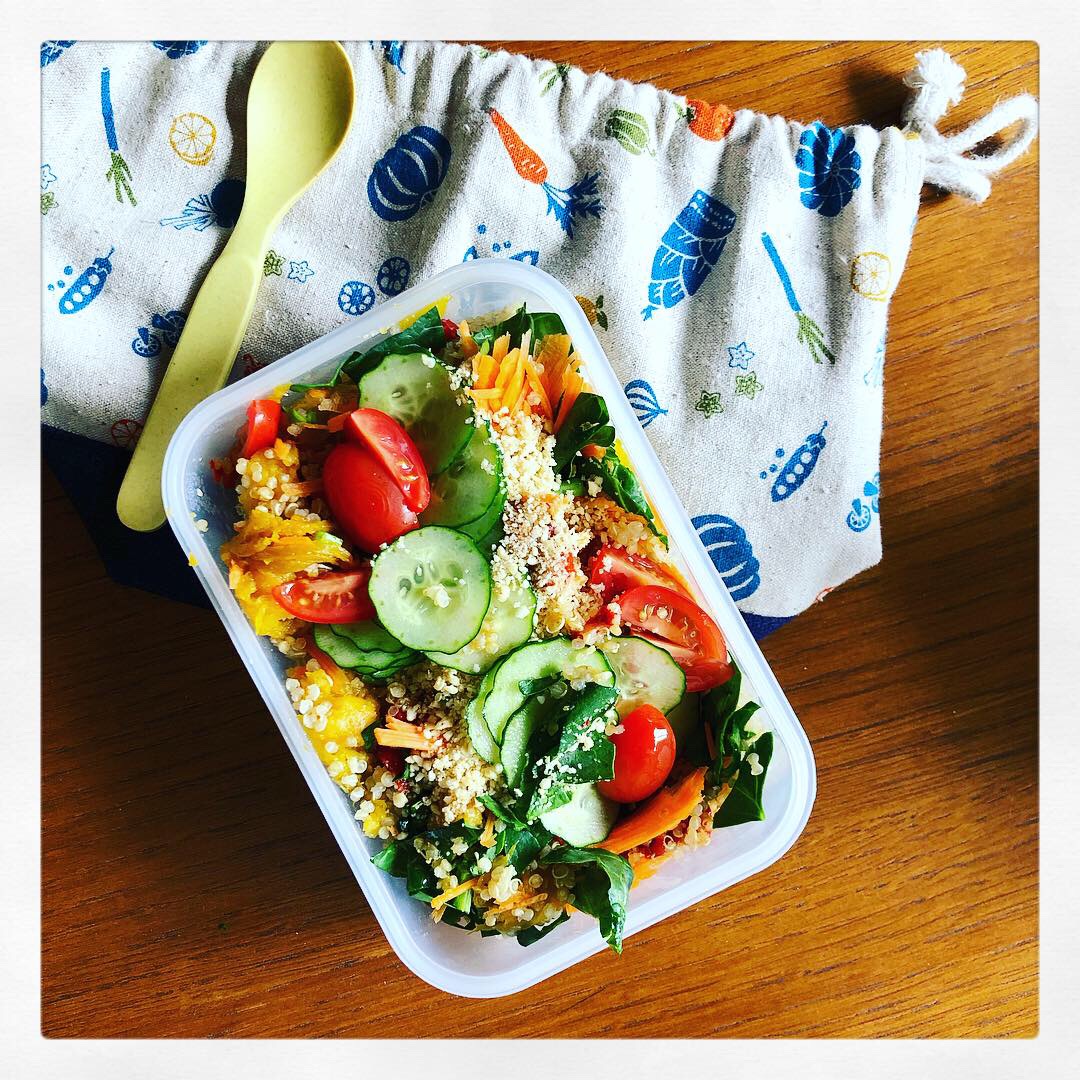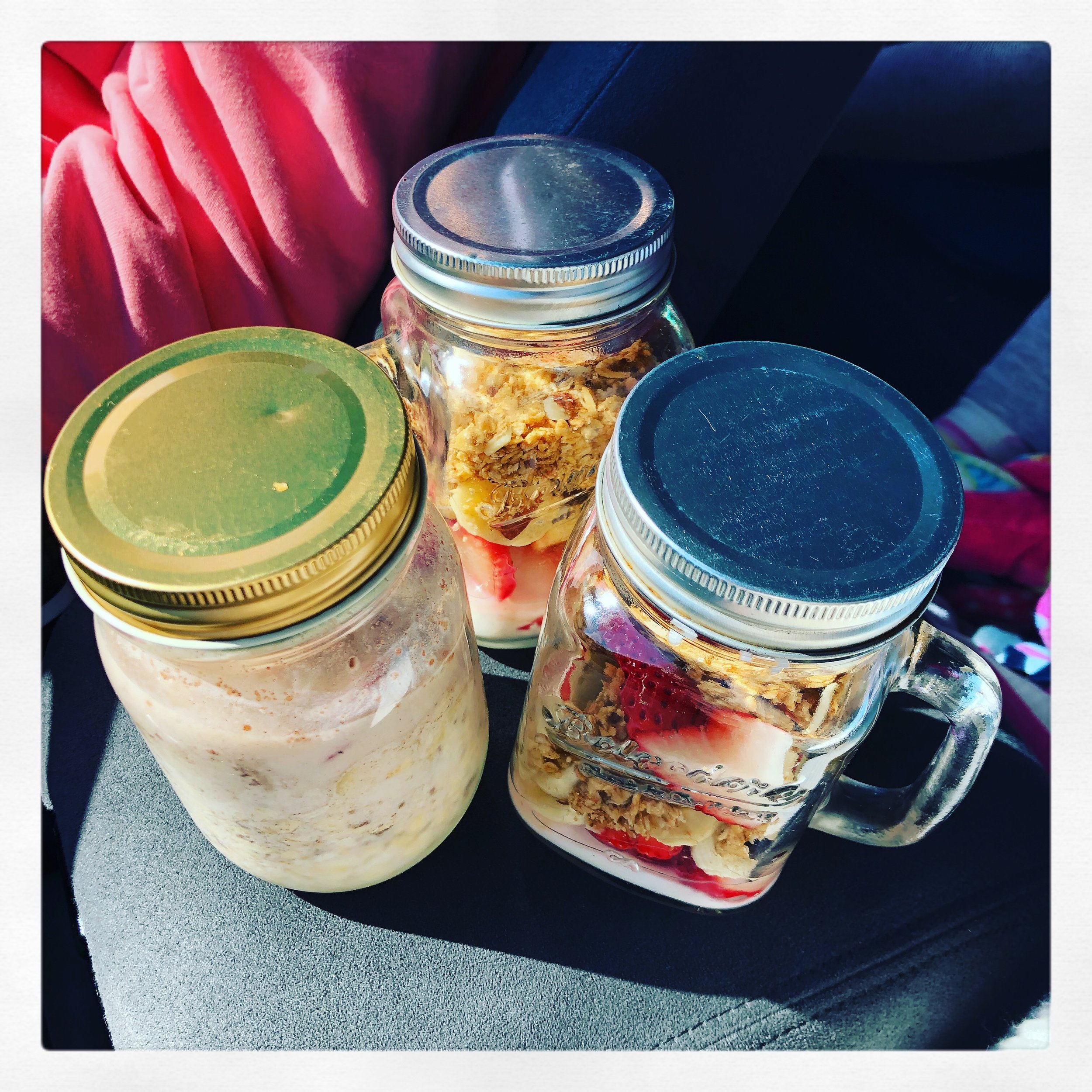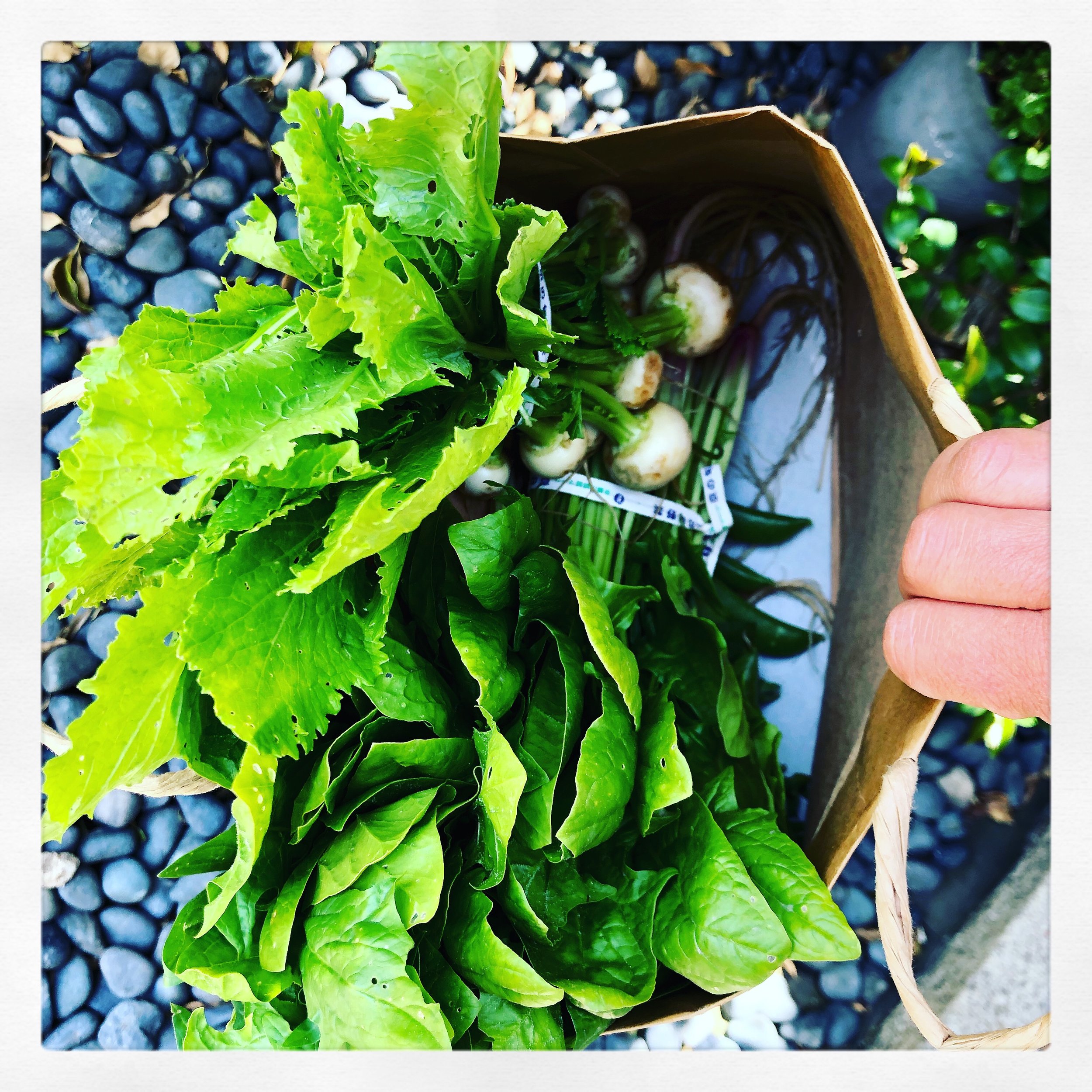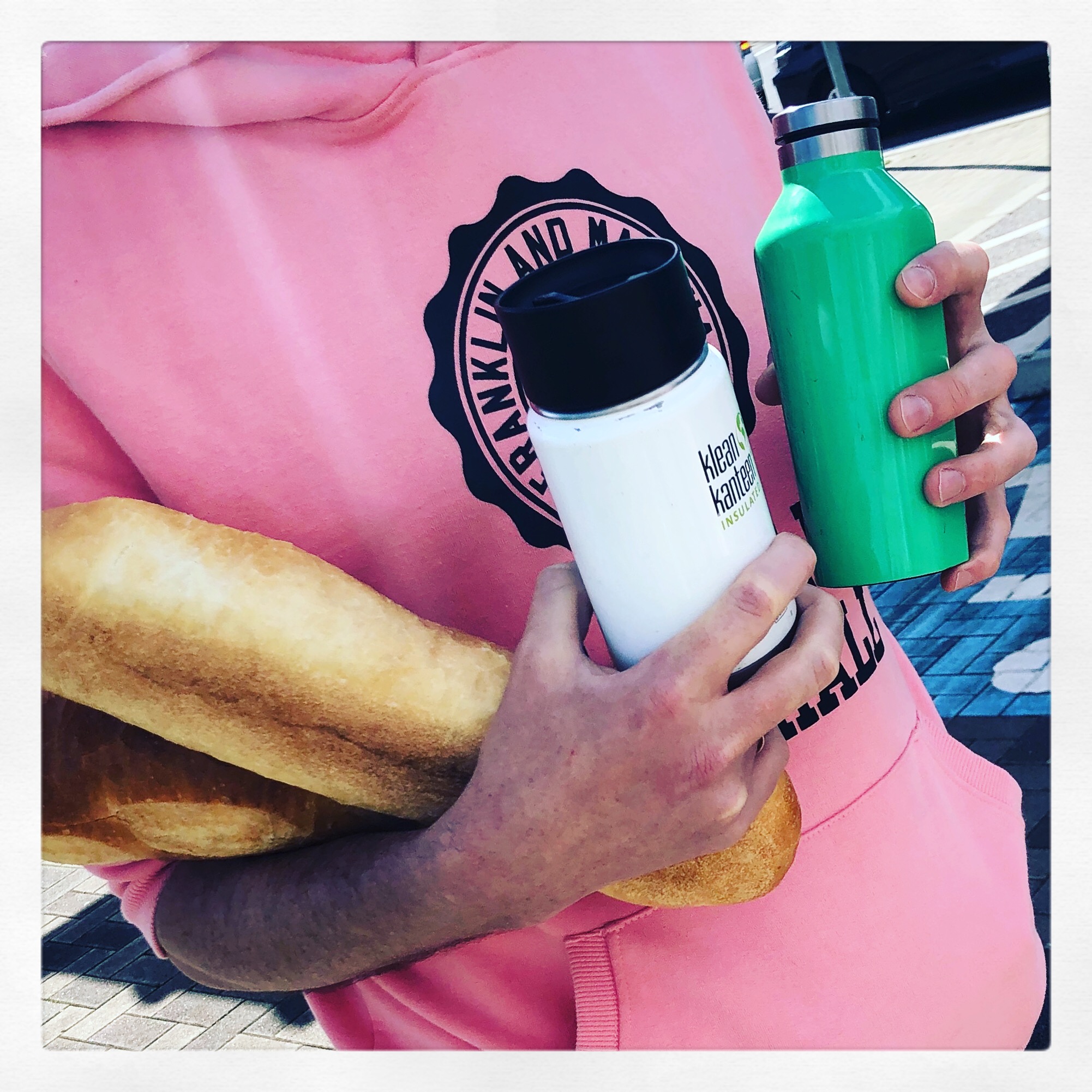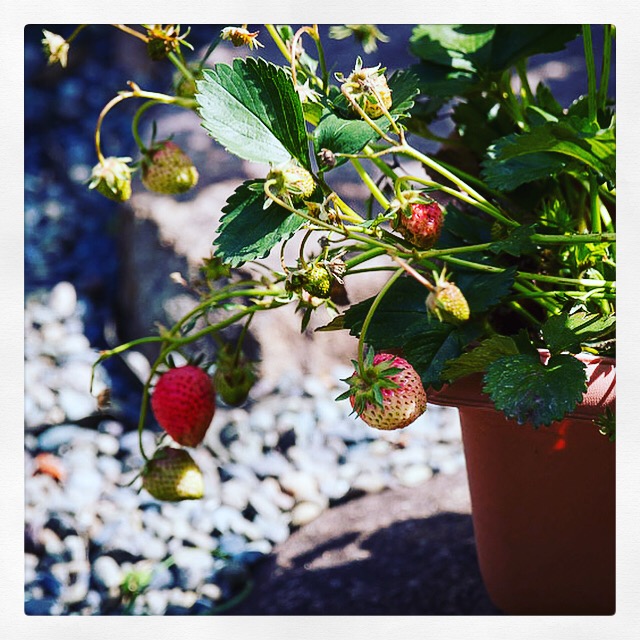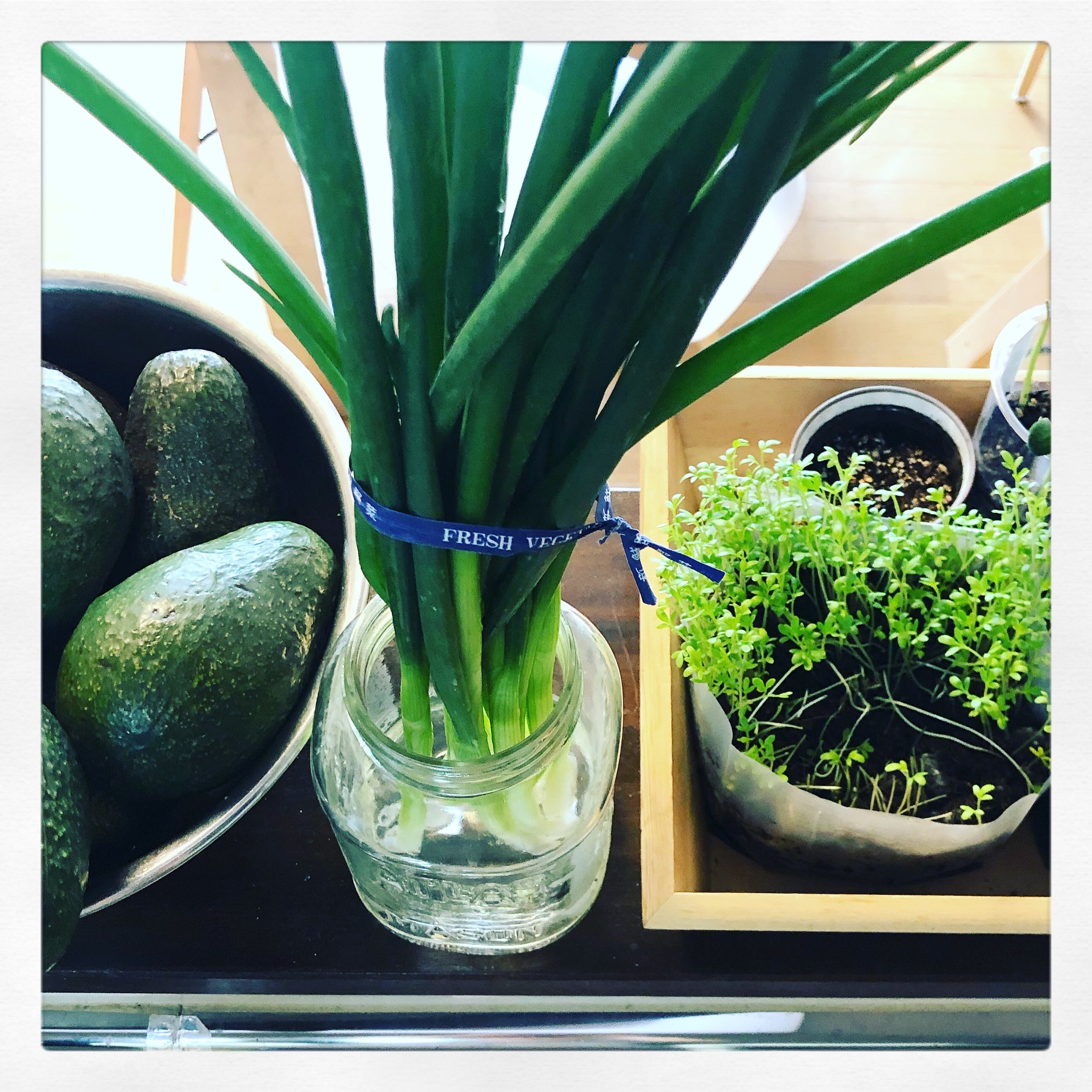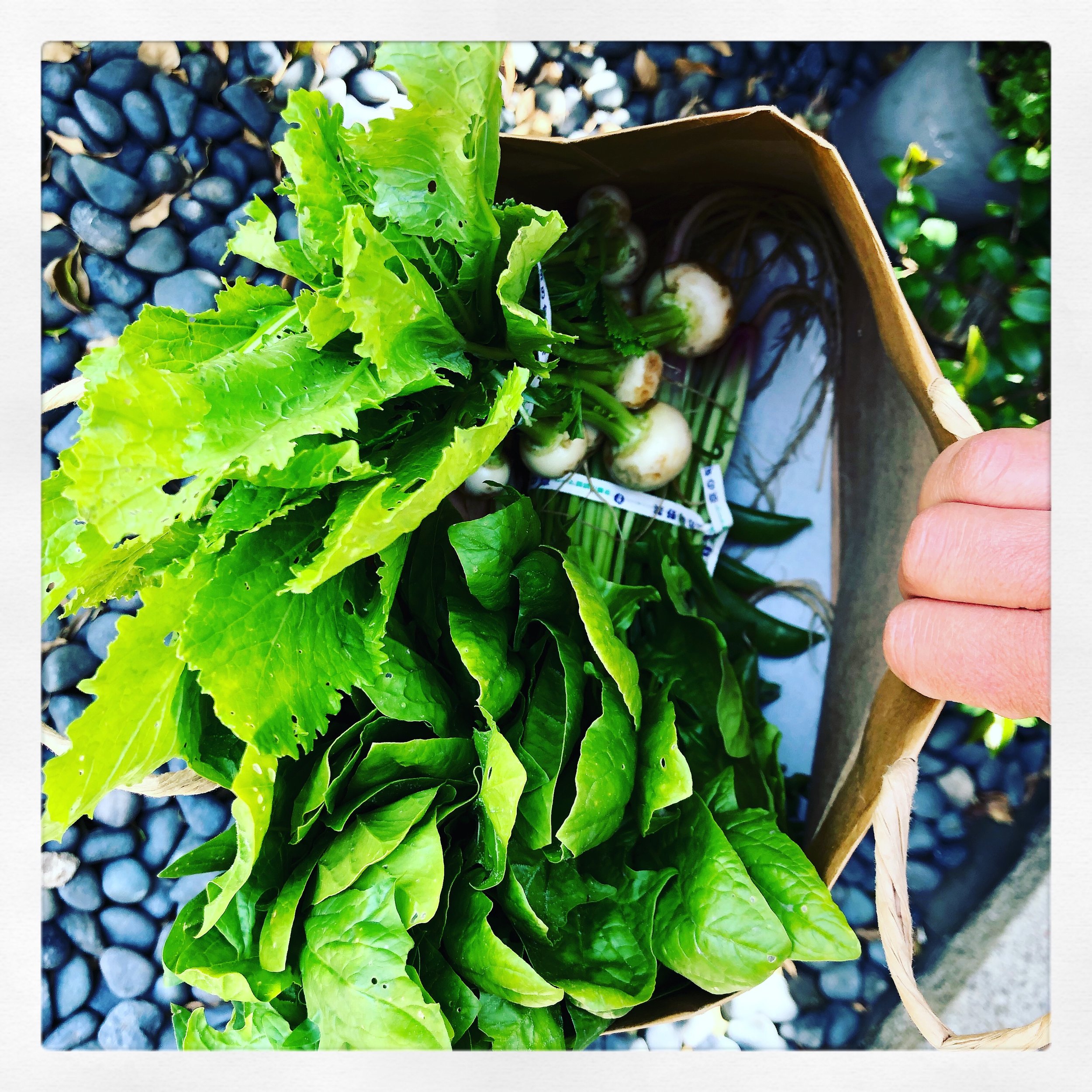Living sustainably in the city
/This blog post was first published on MyHealthyBangkok with links to local shops in Bangkok.
Wherever you live in the world, when you live in a city it is definitely more difficult be eco-friendly than in a village or on a farm. A bonus difficulty is when you live in a country where you don’t speak the language.. Still, we can try the best we can to minimize our impact on the environment. I have summarized a few ideas for you. It’s not rocket science obviously and you may know & do most or all of these already (Superstar!!) - feel free to comment with other things I haven’t thought of!
At home
Being zero waste and sustainable at home is not something that happens overnight! Even after introducing it to my own household over a year ago, we are still in the process - it’s definitely a journey that will take a while. When starting out, it is good to assess what you have at home, rather that going out to buy ‘zero waste essentials’. You probably already have a lot of things that you can use - don’t be fooled by picture perfect instagram photos of picture perfect pantries with matching jars! Most of my jars come from flea markets, my mom’s kitchen or products I used (I am a big fan of a particular tomato sauce brand that comes in square glass jars). Water bottles, a travel coffee mug; you probably already have some lying around. And when really wanting beautiful things that add to your eco-journey, ask your family and friends to give it to you as gifts; I love to give presents that I know are needed, wanted and therefore appreciated.
For a lot of products I had to go through it and finish off what we had before replacing it - or not. Things that I haven’t replaced in the kitchen for example are sponges (I use loofah or knitted rounds), paper towels (we use cut up baby muslins), aluminium foil (bees wax wraps), cleaning products (lime and vinegar) etc. A lot of things are easy to live without!
The same in the bathroom; I have definitely reduced the amount of products I use and I don’t even notice the difference. Sometimes there is trial and error as well though - shampoo bars for example are just not working for me. Going without bodylotion though - absolutely fine. Making my own deodorant; super easy and effective, but a bit of an error when it was left near the heater, melted completely and leaked out of the tin.
Also easy to do at home is fill your balcony / garden / window still with potted herbs and veggies that need only little space to grow. Spring onions are my favorite; when you stick the end in water it will re-grow superfast.
Getting around
When you go out, it’s all about preparation. This is tricky sometimes if you don’t want to be lugging around too much stuff, especially when it’s hot.. But it is really worth to think about it; where do you think you’ll end up today? Will you go to that new coffee place that only has take away cups? Will we pick up donuts on the way to the park? I still have small kids, so I usually have a backpack with me anyway and I don’t mind throwing in a few extra things like a beeswax wrap, tupperware box or coffee mug. When I go out without the kids, I still have a bag with me and I bring a little pouch with metal straws, chopsticks and spoons, an extra bag, cloth / napkin and water bottle. The key when interacting with shops / restaurants is to be quick (No straw please! No bag please!) and not to be ashamed to refuse. Saying no is hard, but hopefully the receiver won’t be offended when you explain you are trying to save the earth! My kids definitely know how to be shopping more eco-friendly already; at the bakery they will just take their snack from the tray after paying and take it outside to eat straight away, they always ask for an ice cream cone rather than a cup and are not shy to ask a waiter to refill their water bottle at a cafe.
Shopping
I have tried lots of different shops (regular supermarkets and independent shops) in my neighborhood to assess their plastic-free status and now have my fixed route several times a week to get my fresh fruits & veggies. I’ve also been more adventurous with trying different local vegetables that are in season - usually by buying something and then googling it adding ‘vegan recipe’ to the name! Getting vegetable boxes from farms (we have a few closeby in the mountains) also helps avoiding the excessive plastic wrapping. I also find that small, independent shops are often willing to sell you things package free or use your own re-usables - in bigger shops there is always someone who needs to be consulted or asked for permission.
For bulk shopping (like grains, flour and seeds) I use a combination of Amazon, iHerb and Costco (sometimes it’s possible to shop there through Honestbee too if you don’t have a membership). Costco has quite a few organic and vegan goodies being sold in 1 or 2 kg packages. The plastic bags get re-used here for ‘wet’ garbage (still trying to fix my compost after going haywire). I am waiting for the day a proper bulk shop opens in my area where I can take my own bags and containers, maybe there is already one near you? I also love to go to markets, especially in South East Asia where you have spice markets with (cloth) bags and boxes of spices! Unfortunately the farmer’s market near me in Japan bags everything in a lot of plastic.
With regards to clothes and toys I am a big fan of hand me downs from friends or buying second hand from people in my area. I also love clothes swaps. Organise a coffee morning with your friends and chat away while swopping clothes. ‘Leftovers’ can be donated to H&M or if there are good condition kid’s clothes there are often orphanages that will take them.
For electrical items and furniture it is often easy to find second hand shops or if you are part of an expat community it is a good opportunity to find cheap items from leaving expats! I also love local furniture shops that use second hand / old / discarded wood to rebuild beautiful and unique things.
What do you do with your family? How does the ideas above relate to the place you are living in?





